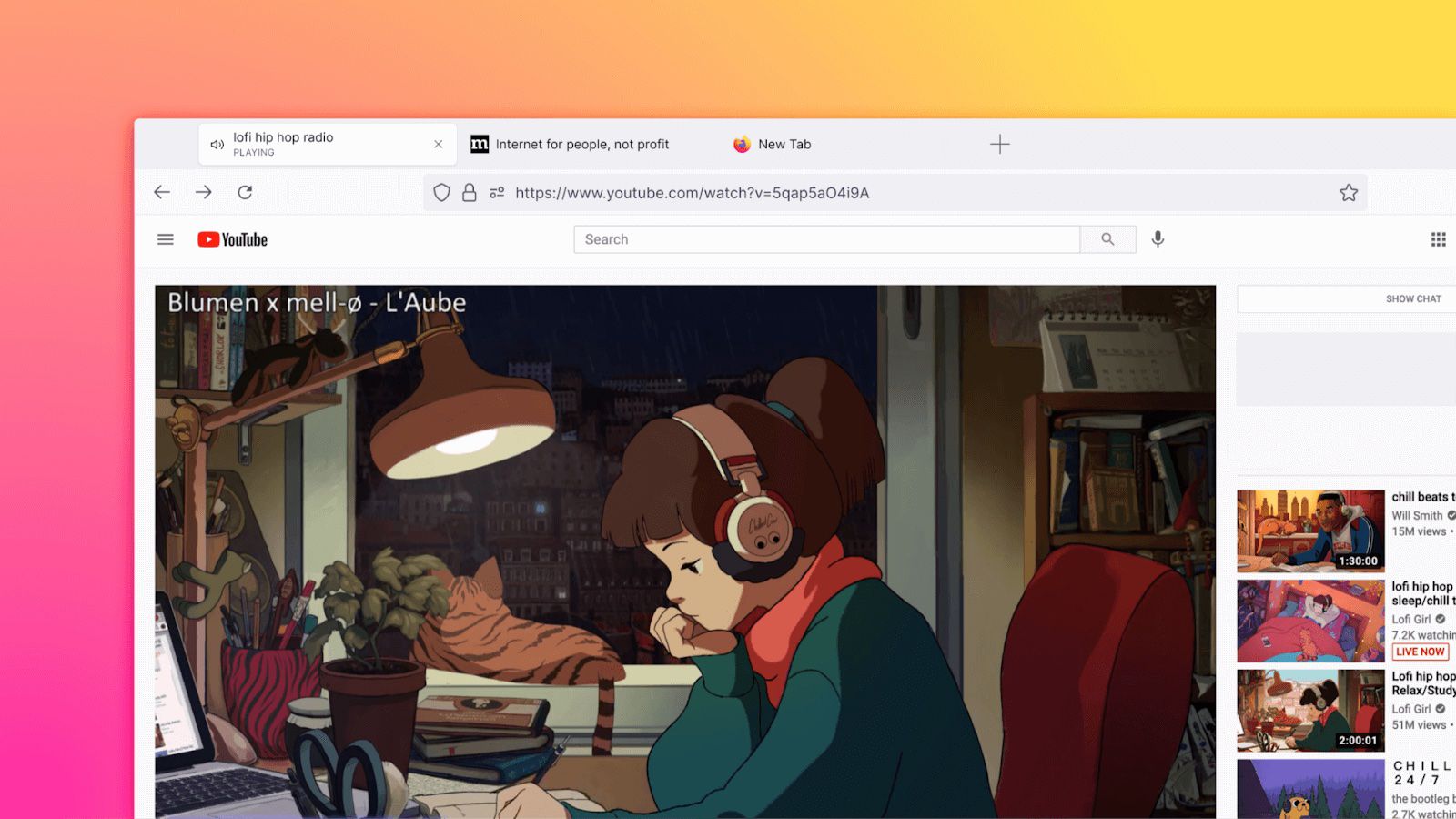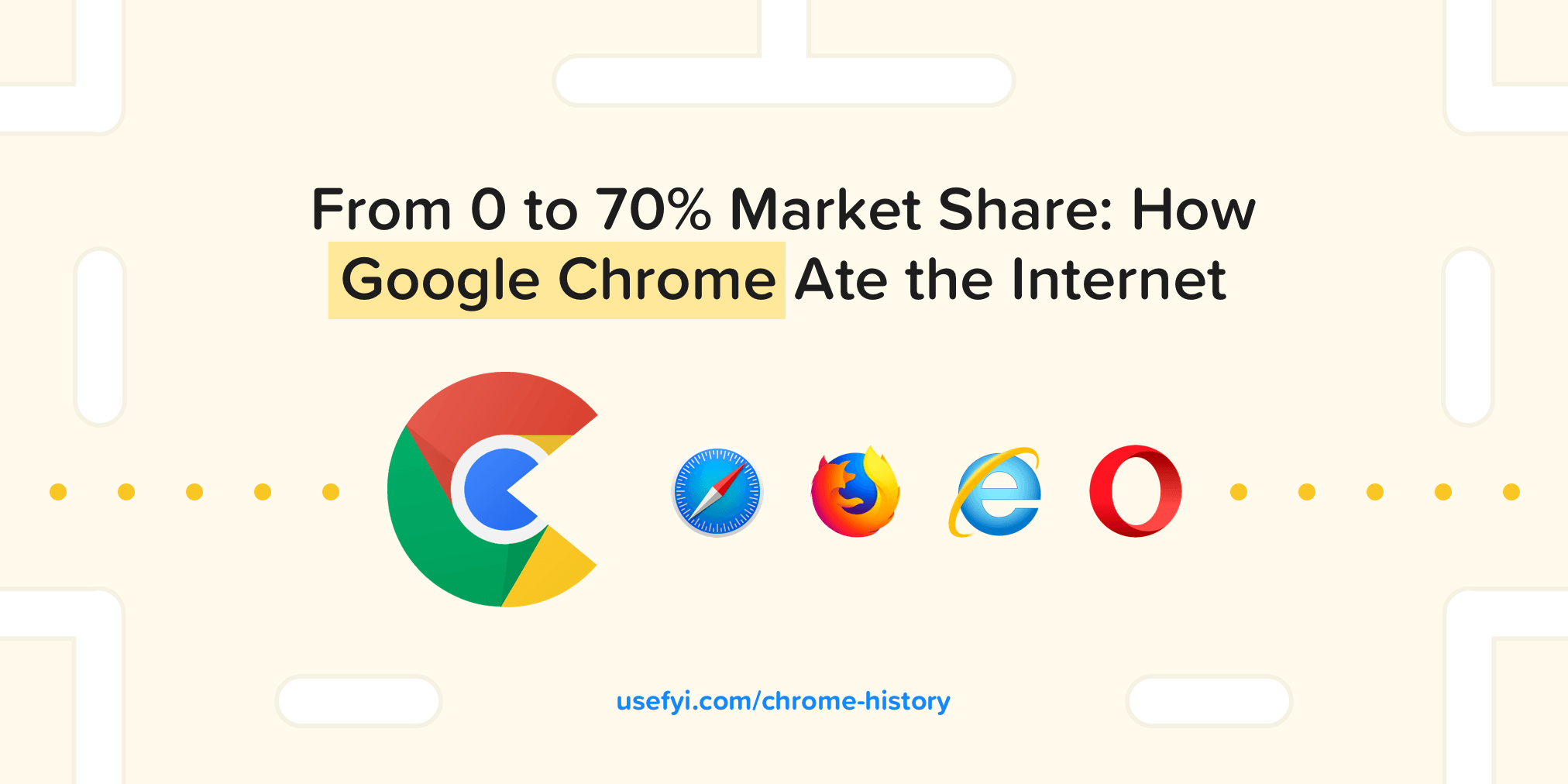

I tested on my Asus Z240IC 4K touch-screen all-in-one PC with a 2.8GHz Core i7-6700T processor running Windows 10. Just a few years ago, a score in the 300s was considered excellent, and Internet Explorer (still used by millions) is stuck at 312.įor speed testing, I ran each browser through the WebXPRT 3 benchmark, which tests the speed of internet applications such as photo enhancement, stock option pricing, encryption, and text manipulation. Opera and other Chromium-based browsers hew closely to Chrome, while Firefox gets 491, and Safari 471. The difference? Support for Dolby Digital and screenshots. The new Chromium-based Microsoft Edge has taken over the lead from Chrome on this test with a score of 535 compared with Chrome's 528. The maximum possible score is 555, with points awarded for each standard supported. Indeed, some browsers now let you send a webpage from one device to another, and all let you sync bookmarks between them.Ī rough measure of standards compatibility is the HTML5test website, which scores browsers’ compatibility with the moving target of web standards. But in this day of the ever-present smartphone, the linkage between your desktop browser and your phone has become increasingly important. So what’s important in a browser these days? Speed and compatibility remain the top requirements. Unfortunately, that rules out Brave and Vivaldi-both first-class and unique choices-but you can read about them in my article covering the best alternative web browsers.

This article examines the top five browsers in the U.S.

That’s not to say that Chrome isn't an excellent piece of software, but you should know there are worthy alternatives. Firefox, Edge, Safari, and Opera all have features not found in Google's browser. That’s for desktop use if you add in mobile, Chrome is still king at over 60 percent.Ĭhrome may be leading in usage (except, of course, on Apple devices), but it’s not ahead by every measure or by number of capabilities. Meanwhile, the browser landscape has a new dominant force: G oogle, the search and web advertising behemoth that delivers the most content of any source on the internet (according to comScore ), also claims nearly 70 percent of the browser market with Chrome (based on both NetMarketShare and StatCounter numbers). Fast forward 20 years, and IE’s proprietary technologies for enabling interactive, application-like websites have given way to W3C standards-based features for delivering the online experience. In the late nineties and early aughts, it was Microsoft’s Internet Explorer versus Netscape Navigator. But with new competitors in the fray and longtime entries revving up new technologies, the stakes have never been higher. Functions includedįurthermore, Google Toolbar Firefox has several shortcuts for Google's markers, the Sidewiki utility, the PageRanks functions, the spell-checker, quick website translation, autocompletion functions.The browser battle has been raging almost as long as the internet has existed. To accomplish this, it installs a toolbar in the Mozilla browser from where it's possible to share your favorite websites with your friends or instantaneously translate websites. This extension provides Internet users with a pack of shortcuts to the most popular Google services. It's an essential toolbar for Firefox.Īccess Google's services much easier from your browser. At the same time that Google has grown, the company has created an endless amount of utilities, like Google Toolbar Firefox, for example. The great acceptance that this Internet search engine has gained among users has caused that other competitors like Yahoo!, Lycos, Ask.com or Altavista to be left far behind. One of the most used search engines is Google.


 0 kommentar(er)
0 kommentar(er)
